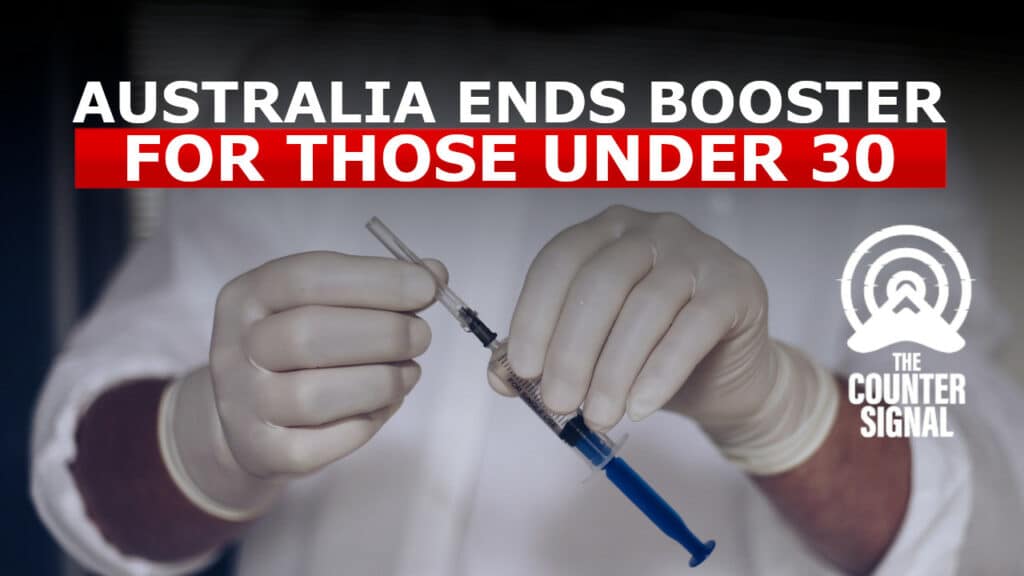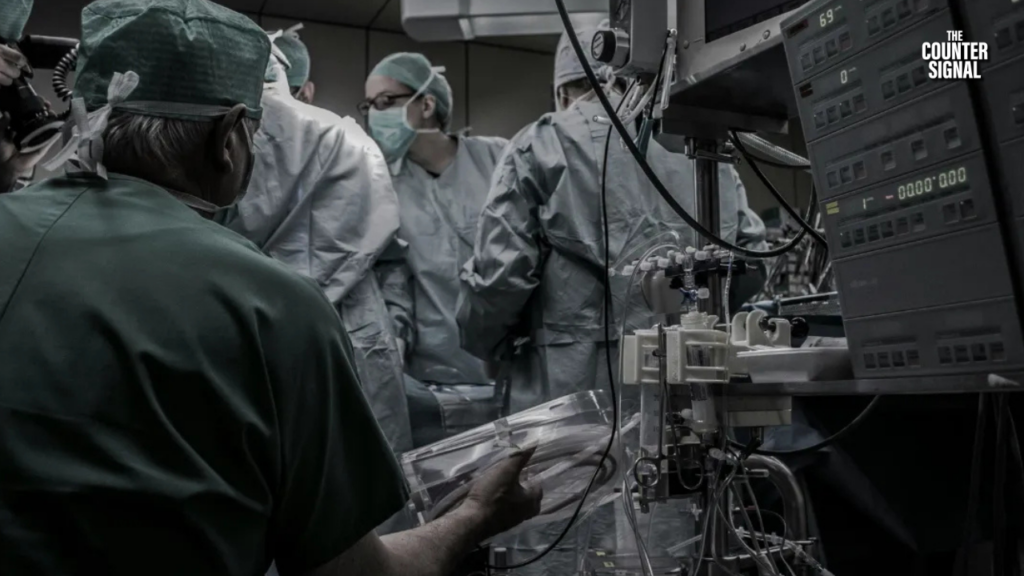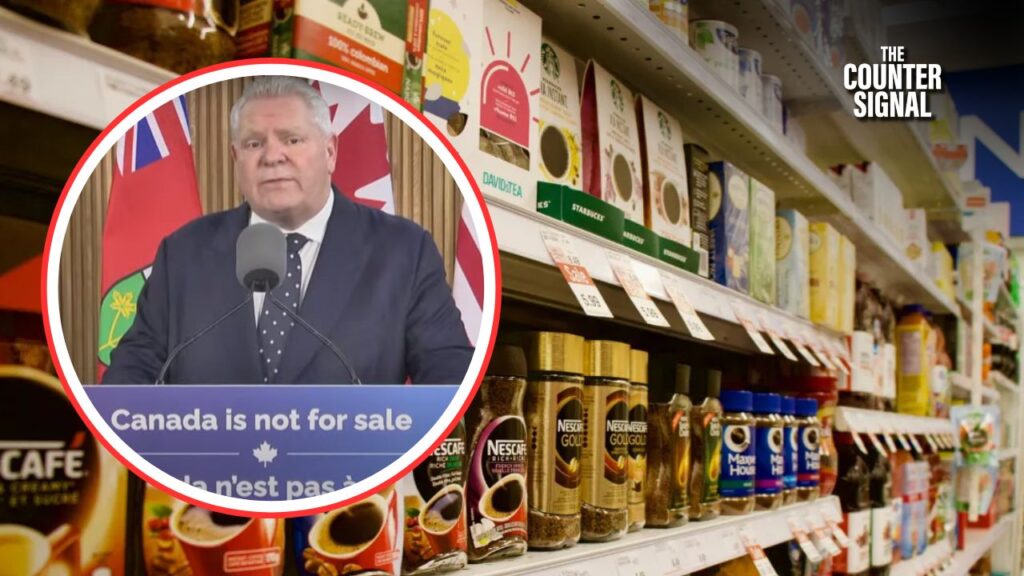The Australian government says the risk of myocarditis from a COVID booster might be greater than COVID itself — so it won’t allow people under 30 to get a fourth vaccine.

“In males aged 16-40 years, it is uncertain whether the risk following COVID-19 remains higher than the risk following vaccination,” the government said.
Aus 🇦🇺 The Govt says it will advise Under 30s 𝙉𝙊𝙏 𝙏𝙊 take The 4th Shot due to the Increased events of Myocarditis…To late for the 𝙐𝙣𝙛𝙤𝙧𝙩𝙪𝙣𝙖𝙩𝙚 𝘾𝙤𝙞𝙣𝙘𝙞𝙙𝙚𝙣𝙘𝙚𝙨 who were told it was 𝙎𝙖𝙛𝙚 𝙖𝙣𝙙 𝙀𝙛𝙛𝙚𝙘𝙩𝙞𝙫𝙚… pic.twitter.com/OXIBvWezNc
— 𝙍𝙄𝙎𝙀𝙈𝙀𝙇𝘽𝙊𝙐𝙍𝙉𝙀 (@riseupandresist) November 13, 2022
The government considers myocarditis and pericarditis following COVID vaccination severe enough to warrant a 13-page guideline. The guideline is updated regularly.
“The majority of cases of myocarditis reported after COVID-19 vaccines have occurred in males under 40, and the majority have occurred within 1-5 days (median 2 days) following the second dose of an mRNA vaccine. Myo/pericarditis is more common after the second dose of Moderna compared with second doses of Pfizer and AstraZeneca.”
The guidance further states that there are no studies on the long-term dangers of myocarditis following COVID vaccination. The government says most cases result in hospitalization and some in death.
Last week, Pfizer and Moderna launched clinical trials to study the long-term effects of myocarditis following vaccination with its mRNA vaccines. The launch comes roughly 18 months after the products went to market with a promise of being “safe and effective.”
NBC News reports that the Food and Drug Administration (FDA) required the drugmakers to conduct the study. It was needed as part of the emergency-use approval process that allowed the drugs to go to market before clinical trials were completed.
In July, Ontario Chief Medical Officer Kieran Moore announced that a fourth vaccine is now available for everyone over 18. However, he said not everyone should get another vaccine due to the risk of myocarditis.
Moore also suggested the “vaccine” is therapeutic.
“There’s always a risk to having any therapeutic versus a benefit. You want to make sure there’s a very strong benefit versus the risk. If you’re an 18-year-old healthy individual, the risk of getting hospitalized if you have no underlying medical illness is very, very low,” Moore said.









